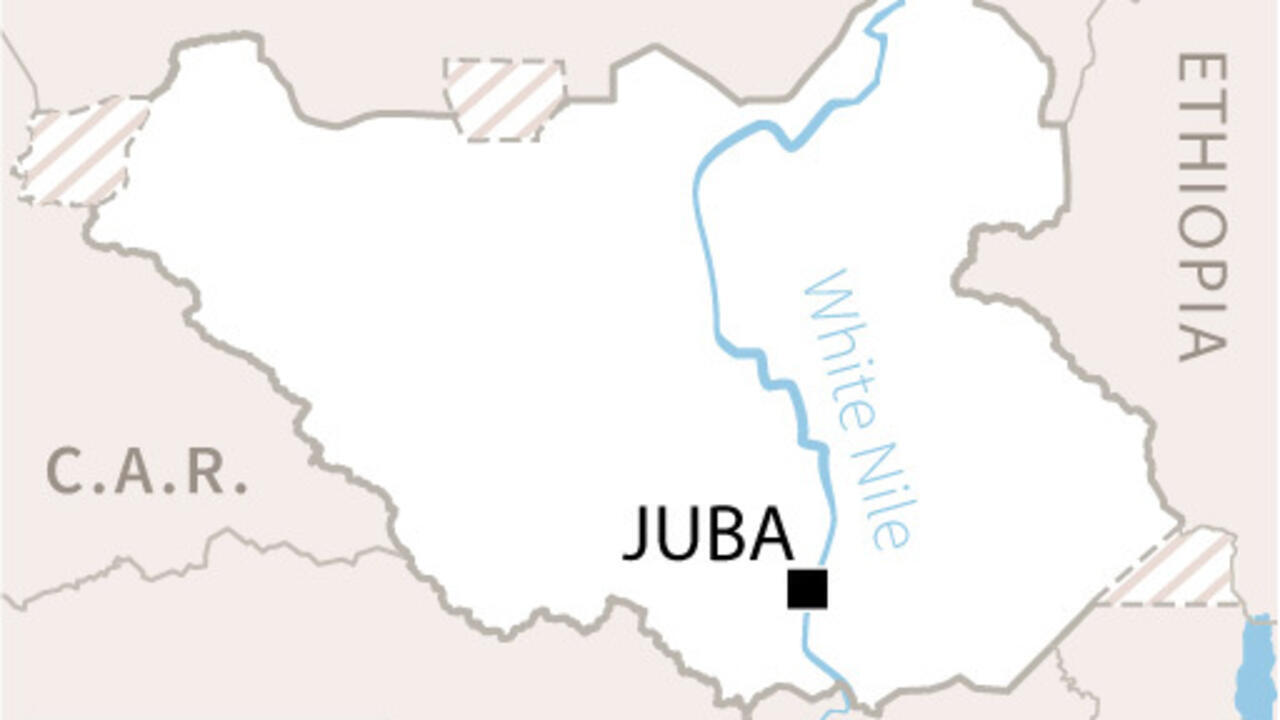Gunfire erupted on Thursday evening in the capital Juba, sparking concerns about the stability of the world’s youngest country that is already plagued by power struggles, ethnic infighting and a deep economic malaise. The shooting around the home of Koor, who was fired by Kiir in early October and placed under house arrest, caused panic among local residents before it was contained after about an hour.
Following the meeting, South Sudan People’s Defence Forces (SSPDF) spokesman Lul Ruai Koang said the incident took place after a “misunderstanding” between security forces attempting to relocate the ex-head of the National Security Services.
He said four people, two civilians and two soldiers, had been killed during the confrontation.
The meeting convened by Kiir included the heads of defence, police, national security and military intelligence. A source in the presidency press unit said Koor was also present. The Sudans Post newspaper quoted a security official as saying the meeting had “resolved all outstanding tensions” and that the spy chief and his family “have been assured of their safety”.
Koor became head of the feared National Security Services (NSS) after South Sudan’s independence in 2011 but was sacked in October leading to widespread speculation he had been planning to overthrow Kiir. After his dismissal from the NSS, Koor was appointed governor of Warrap State, Kiir’s home state, but this was abruptly revoked by the president before he took the oath of office.
Koang said there had been a “misunderstanding” between two security services forces present at Koor’s residence when a third unit arrived for the relocation. “That was the start of the armed confrontation that you heard,” he said.
Koor’s sacking came just two weeks after Kiir again postponed by two years, to December 2026, the first elections in the nation’s history. The delay has exasperated the international community, which has been pressing the country’s leaders to complete a transitional process, including unifying rival armed forces and drawing up a constitution.
The NSS was at the centre of controversy in July when parliament approved amendments to legislation allowing the agency to continue to arrest – without a warrant – anyone accused of offences against the state, raising alarm among rights groups and South Sudan’s international partners.
The country has struggled to recover from a brutal civil war between forces loyal to Kiir and his now deputy Riek Machar from 2013 to 2018 that killed about 400,000 people and drove millions from their homes. It remains one of the poorest and most corrupt countries on the planet and continues to be plagued by chronic instability and climate disasters.


